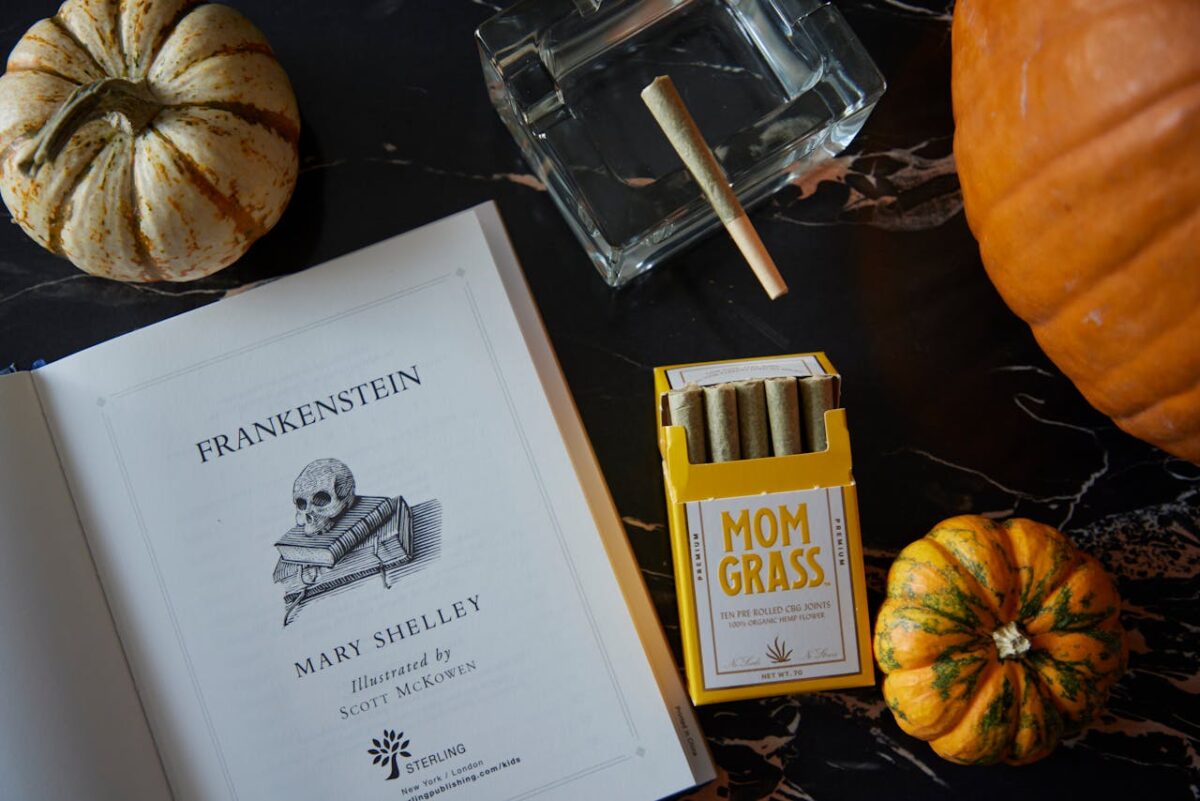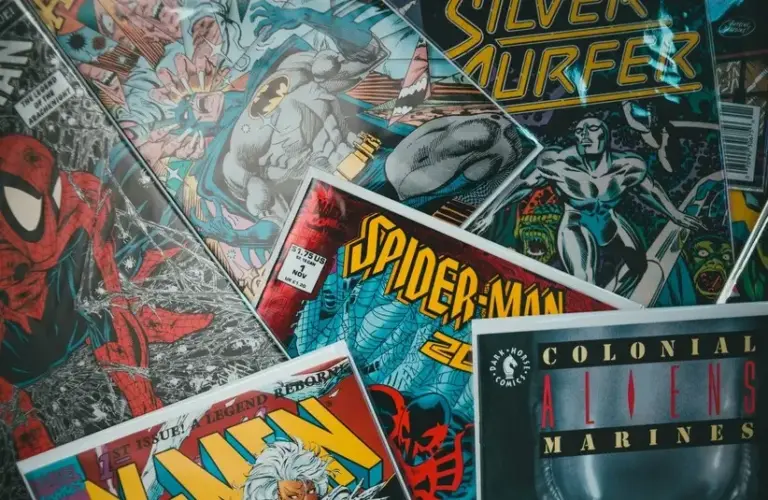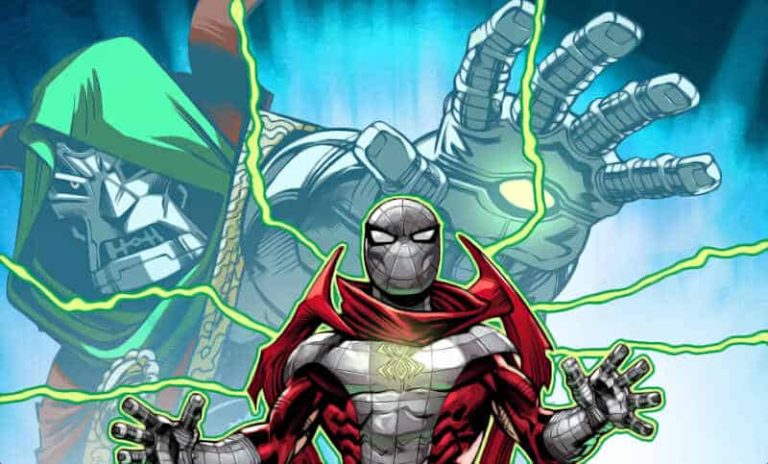The Book Version of Frankenstein’s Saddest Death Is Far More Devastating Than You Remember
Everybody is at least vaguely familiar with Mary Shelley’s novel Frankenstein. However, many people are more familiar with the movie adaptations than the original book. Specifically, the 1931 Universal classic has cemented the Frankenstein monster as a square-headed, green-skinned creature in the public consciousness. Those who aren’t familiar with the book might be surprised by what a sad tale it is.
The Frankenstein Novel’s Devastating Ending
Most people know that the monster dies at the end of the novel (though the Universal movies of the 30’s and 40’s had a tendency to resurrect him every time he seemed to die). However, a lot of people probably don’t remember how he dies. Well, the monster commits suicide. Not only does he commit suicide, but he burns himself alive on a funeral pyre he makes himself, full of devastation and remorse.
At the novel’s close, Dr. Frankenstein has just died, having finished telling his tale to Captain Walton. Then, who should Captain Walton come across but the monster himself, who is weeping over his maker’s body. The monster is in genuine grief, despite the fact that his creator is the one who abandoned him in the first place.
The Monster Speaks
Unlike in the 1931 “Frankenstein” movie and its sequels, in the novel, the monster is completely articulate and has a full vocabulary. This lets the reader feel his devastation as he expresses it to Captain Walton, saying:
“This is also my victim . . . the miserable series of my being is wound to its close! Oh, Frankenstein! Generous and self-devoted being! What does it avail that I ask now thee to pardon me? I, who irretrievably destroyed thee by destroying all thou lovedst. Alas! He is cold, he cannot answer me.” It is too late for the monster to beg forgiveness for all the murders he committed.
He goes on to confess that during his murderous rampage of revenge, “a frightful selfishness hurried me on, while my heart was poisoned with remorse.” It was as if an outside force was controlling him, and the reader has to wonder if he’d been able to calm his anger if he’d been taught how to do so instead of abandoned.
The Monster’s Death
The monster tells Captain Walton about how he has figured out that he can only find peace in death, saying “light, feeling and sense will pass away; and in this condition must I find my happiness.” He laments how consciousness must end for him, saying, “when the images of this world first opened upon me . . . I should have wept to die; now it is my only consolation.”
We don’t see his actual death, but he tells Walton in detail about his plans to build a funeral pyre and burn himself alive. As he expresses his pure anguish, we the readers have to wonder what could have been. The monster was indeed capable of love and happiness, and that was all he ever wanted.
You can enjoy all the film versions of “Frankenstein” to your heart’s content. Immerse yourself in every film adaptation, from the 1931 classic to the recent Guillermo del Toro film. However, don’t forget to experience the novel. It is a truly unforgettable classic.





